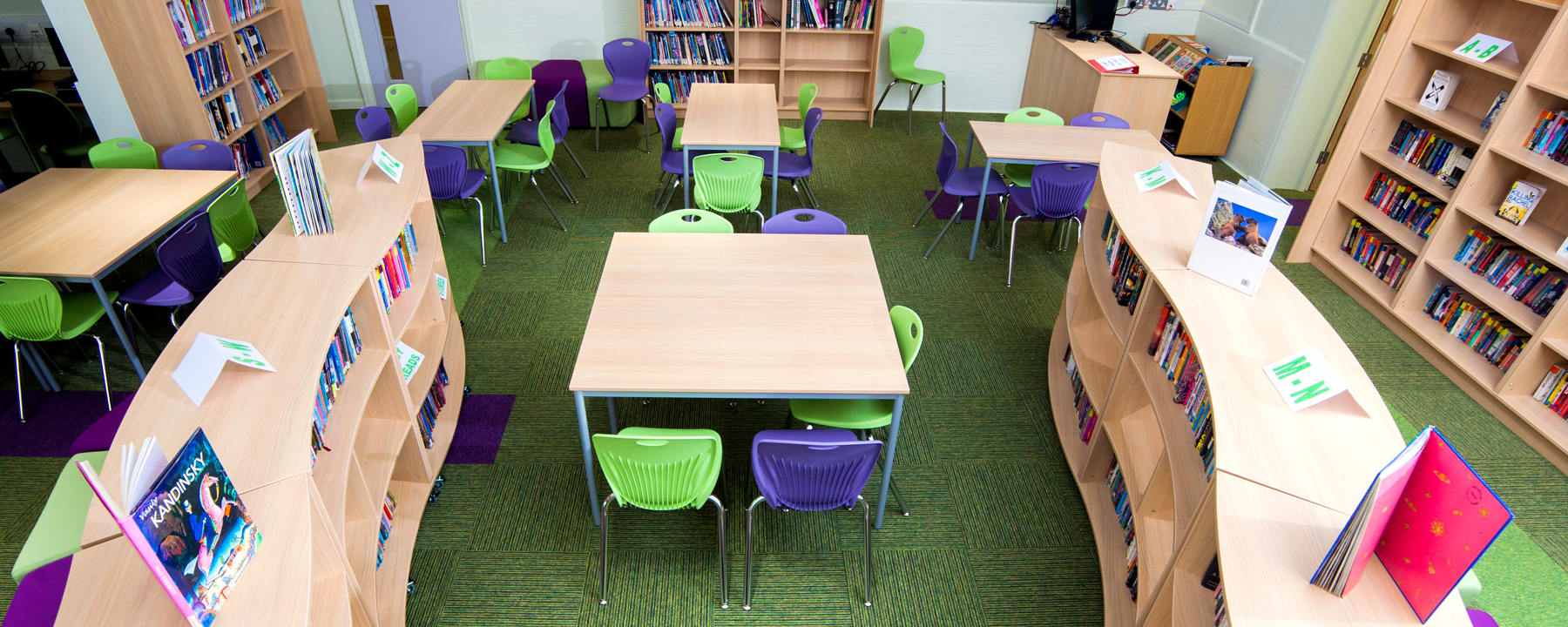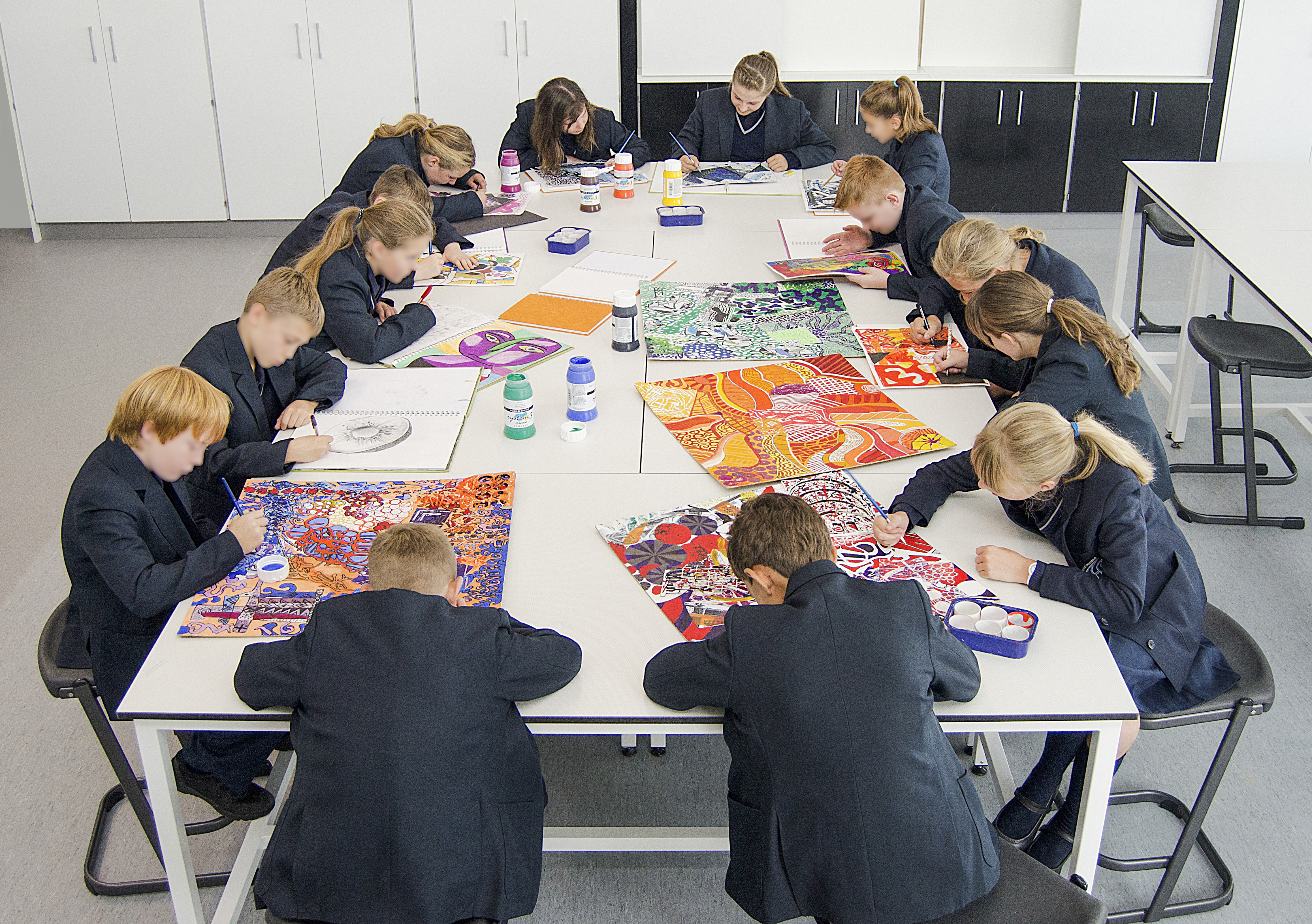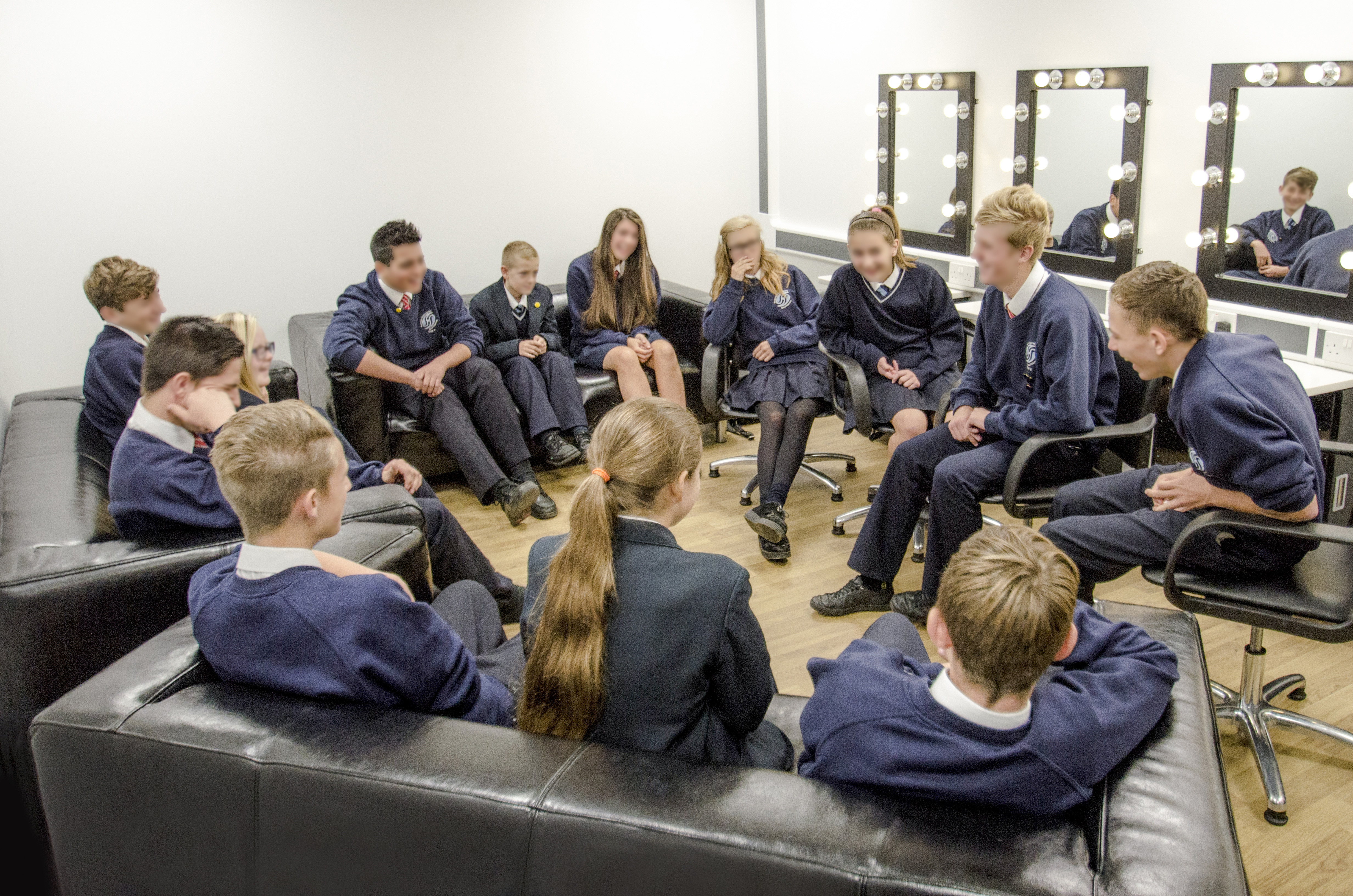How can School Libraries promote Poetry more effectively?
Poetry helps children to make sense of themselves in the world, and to understand and appreciate that people share very similar questions and values regardless of their race, culture or beliefs. It is also a beautiful and creative way for children to express their own thoughts and feelings; and in older children, it can provide a healthy outlet for surging emotions.
Here, we explore a few ways that your school library can promote poetry more effectively in celebration of this wonderful international event.

Make connections
Poetry can suffer from an image problem and for that reason, it is rarely a student’s first choice from the library bookshelf. Students often complain that they feel disconnected from the poetry that they have encountered, and they often hold the misconception that writing poetry is the exclusive domain of published poets.
Introducing poems that your pupils can relate to is a great way to spark their interest in poetic verse. Hold a workshop in the library and select poems that are accessible and interesting for the group you are working with. For younger children who have less patience for poetry, short funny poems that deal with situations they are familiar with are the best way to keep their interest. Poems by Mary Ann Hoberman, Ogden Nash and Roald Dahl are all easy choices that will hold their attention and foster their imagination.
For older children, remember that poetry does not need to be written in a book to define itself as poetry. Teenagers often identify well with spoken word, especially when it is embellished with music; and the work of contemporary artists such as Dizraeli, Kate Tempest, Holly McNish, Scroobius Pip and Speech Debelle will be far easier for them to relate to than confusing, distant classics such as Shakespeare or Poe.

Cross boundaries
Although the library is a great place to kick-start your pupils’ interest, poetry shouldn’t be restricted to this room alone. Snippets placed around the school can be enticing and highly effective at encouraging children to visit the library and find out more. Use poems appropriate to the site, such as toilet-themed poems in the bathroom, food-themed poems in the dining hall, classroom-themed poems in the classroom, corridor-themed poems in the hallways and garden or playground themed poems outside.
Poetry does not have to be exclusively a part of English language lessons either – and there are plenty of opportunities to introduce it as a part of many other subjects. You might, for example, have pupils create a poetry-themed screensaver in ICT, poetry-adorned placemats or T-shirts in Textiles or poetry-inspired paintings and drawings in Art. You could even get them to set their favourite poems to music in Music lessons or create films to accompany poems in Media.
Arrange a visit
A visiting poet can be a huge inspiration to pupils and can really bring the subject to life. Together, the children can work with the poet on their own poetry and begin to understand that their poems can be formed around topics that are important or interesting to them. The end goal of a workshop with a visiting poet is often the creation of a performance, a book, poster, CD or DVD which the children can view in the library the weeks following their visit. There are a good number of organisations that can help you arrange for a poet to visit your library on the Booktrust website.

Create a poetry corner
Poetry books often get mixed in amongst other books but they deserve a place of their own in the library, making it easy for children to find them and enjoy them. A poetry corner is a great way to achieve this, and comfy seating, enticing wall displays and lunchtime clubs are all a great way to bring children together to celebrate their favourite poets and verses.
To promote a new poetry corner, get the whole school involved with writing a school-themed poem which can be displayed in the corner on completion. One class starts the chain by writing the first verse and hands it to the next, all the way through the school until the poem is complete. A great topic for this is ‘teachers’ – where each class picks a different teacher and makes the verse about them.
Another great way to encourage pupils to visit the corner is to put their own poems on display for others to read. Writing poetry can be quite difficult for children but one way to make it a little easier is to ask them to reinterpret an existing poem in their own way. This could be, for example, as a parody or a rap, or as an ‘answer’ to each line of the poem.


